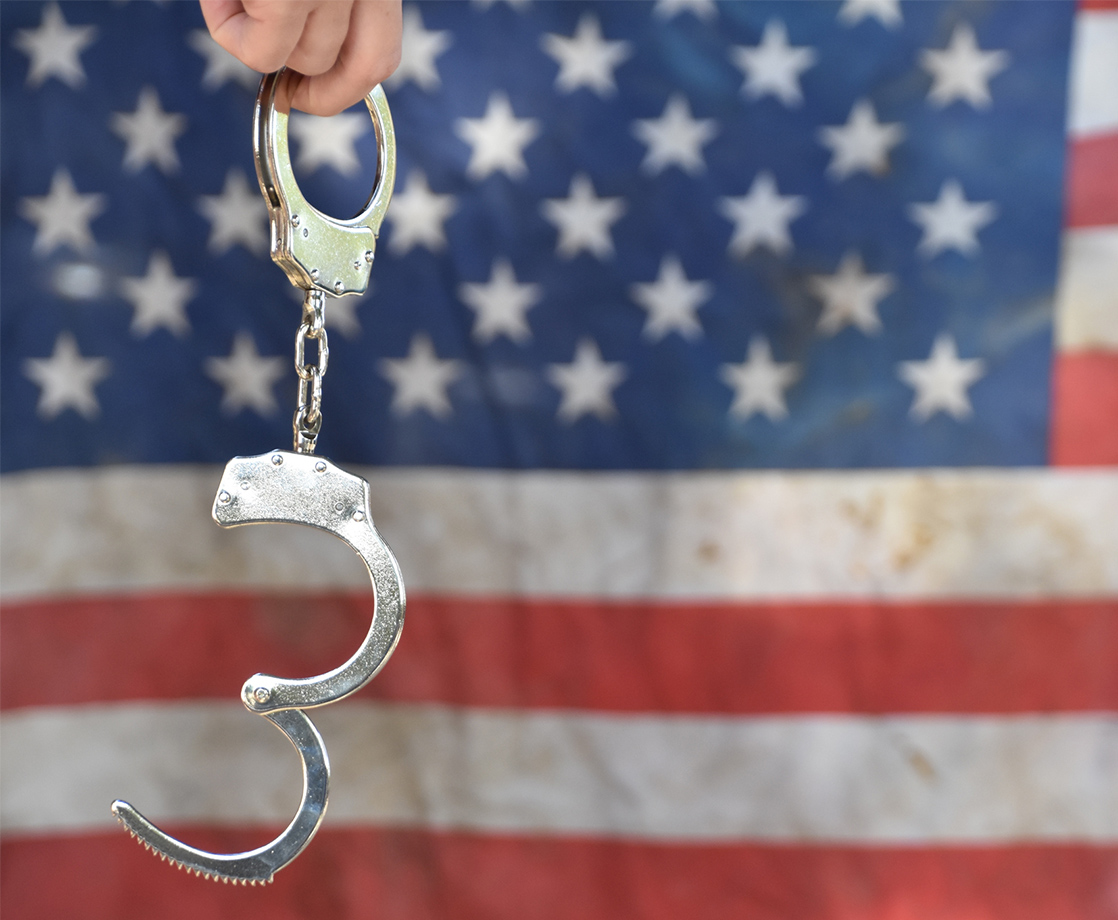Image via
While many eyes were on state-level adult use legalization campaigns, five small towns in Texas voted to decriminalize marijuana, which might be some of the biggest cannabis news in the mid-term election.
Denton, San Marcos, Killeen, Elgin, and Harker Heights voted to remove criminal penalties associated with some cases of cannabis possession involving less than four ounces of weed and paraphernalia. Many of the measures were organized by the progressive activist group Ground Game Texas and will also prohibit the use of city budgets to drug test for THC.
The support was overwhelming in some places. In the Austin suburb of San Marcos, Measure A — driven by immigration-decriminalization activist group Mano Amiga — passed with the approval of a whopping 82 percent of voters, according to the Austin American Statesman.
“It was a really special moment,” said San Marcos activist Elle Cross, who coordinated Measure A. “Running a ballot initiative is an incredibly intensive work. We were out seven days a week collecting signatures in our community, you know, hitting the pavement, rain or shine. So seeing it come to fruition and actually pass was such a relief and just such a special moment.”
Austin voters led the way in the region, voting by 85 percent to decriminalize weed back in May. That decriminalization measure also included a ban on “no knock” warrants, which allowed cops to kick down doors and violently bust into private residences. Remember, that’s what resulted in the death of Breonna Taylor and other citizens across the country.
“These meaningful reforms will keep people out of jail and save scarce public resources for more important public safety needs,” Mike Siegel, political director of Ground Game Texas, told the Austin American Statesman. “We’re extremely happy with our results.”
Of course, the success of the measures is an important step towards ending the racially-motivated War on Drugs. But their presence on ballots also served as a political strategy. Some activists spoke of using them as an incentive to get young and progressive voters out of the house and into voting booths in this crucial election to vote on other important issues, too.
Siegel commented that Ground Game Texas was hoping to get cannabis decrim on the ballot in San Antonio in May 2023 and that the group was gearing up to qualify similar measures for voter approval in Dallas, Fort Worth, and Houston in 2024.
“I think that the ballot measures were so successful because … we haven’t seen change at the state level, and so I think now there is a desire for local-level change in place of that,” said Rice University Baker Institute for Public Policy drug policy fellow Katharine Neill Harris, to a local public radio station.
“I do think that will send a message to legislators that … it’s a safe political issue,” continued Harris. “It’s a popular political issue, and hopefully, that sends the message to the leadership as well that, you know, this is something that a broad contingent of Texans want.”
A bill to decriminalize cannabis possession by minors fizzled out in the Texas Senate last year — good thing local activists refuse to accept that political stagnation.











